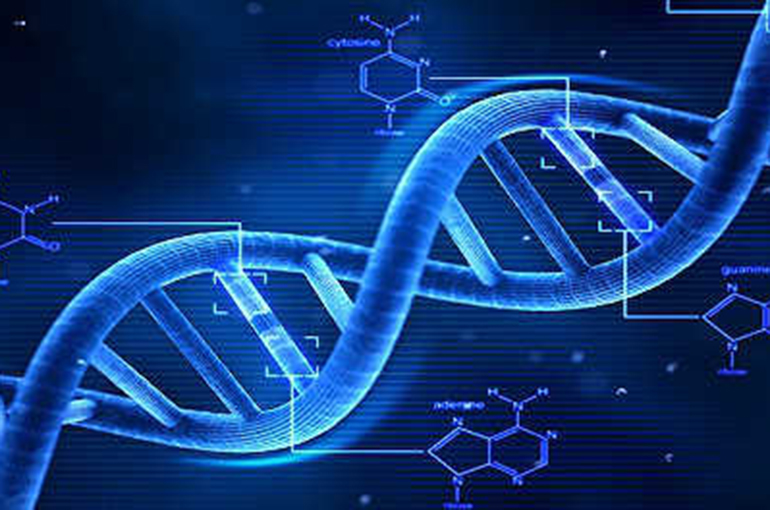
政府新闻
上海医疗团队利用基因疗法发现地中海贫血症的潜在治疗方法 2025-11-12

A team of medical experts in Shanghai has shown that gene-editing technology can be used to effectively treat thalassemia, a hereditary blood disorder, offering patients the possibility of a one-time cure.
The team, led by Zhai Xiaowen, deputy director of the Children's Hospital of Fudan University, and Prof. Chen Jia from ShanghaiTech University, has successfully treated multiple children with thalassemia using gene therapy over the past two years, Zhai said in an interview with Yicai.
Common anemia is mainly caused by malnutrition or blood loss, while thalassemia is caused by a genetic defect that leads to impaired hemoglobin synthesis, resulting in anemia. In China, thalassemia gene-carriers number over 30 million, mainly in the provinces of Guangdong and Hainan and Guangxi Zhuang Autonomous Region, and there are tens of thousands of severe cases.
Severe thalassemia poses a serious threat to life, Zhai said. Patients must rely on regular blood transfusions throughout their lives, and if transfusions are delayed tissue hypoxia, heart failure, or multi-organ damage can occur, he added.
Severe thalassemia has mainly been treated through allogeneic hematopoietic stem cell transplants, an approach hampered by donor-matching difficulties, high surgical risk, and the possibility of post-operative rejection.
Gene therapy, on the other hand, by harvesting a patient’s own stem cells, editing them in the lab, and then reinfusing them, greatly reduces surgical risk and removes the reliance on donors, Zhai pointed out.
"Based on completed cases, the frequency of blood transfusions in patients has been significantly decreased after the procedure, with some patients even no longer needing transfusions," Zhai said. “This has fundamentally improved their quality of life, validating the effectiveness of gene editing technology and offering the possibility of a one-time cure.”
To get closer to the goal of a one-time cure, the research team will conduct a 15-year follow-up study on treated patients to continuously monitor the long-term safety and effectiveness of the gene editing. They also plan to recruit international patients for free treatment, offering a "China solution" to patients worldwide, Zhai revealed.
Gene-editing technology offers scalability, and it could be used to treat other rare diseases of the blood system besides thalassemia, Zhai noted. Leveraging artificial intelligence to enhance target site prediction and reduce off-target risks will be an important future direction, he added.
Source: Yicai Global

